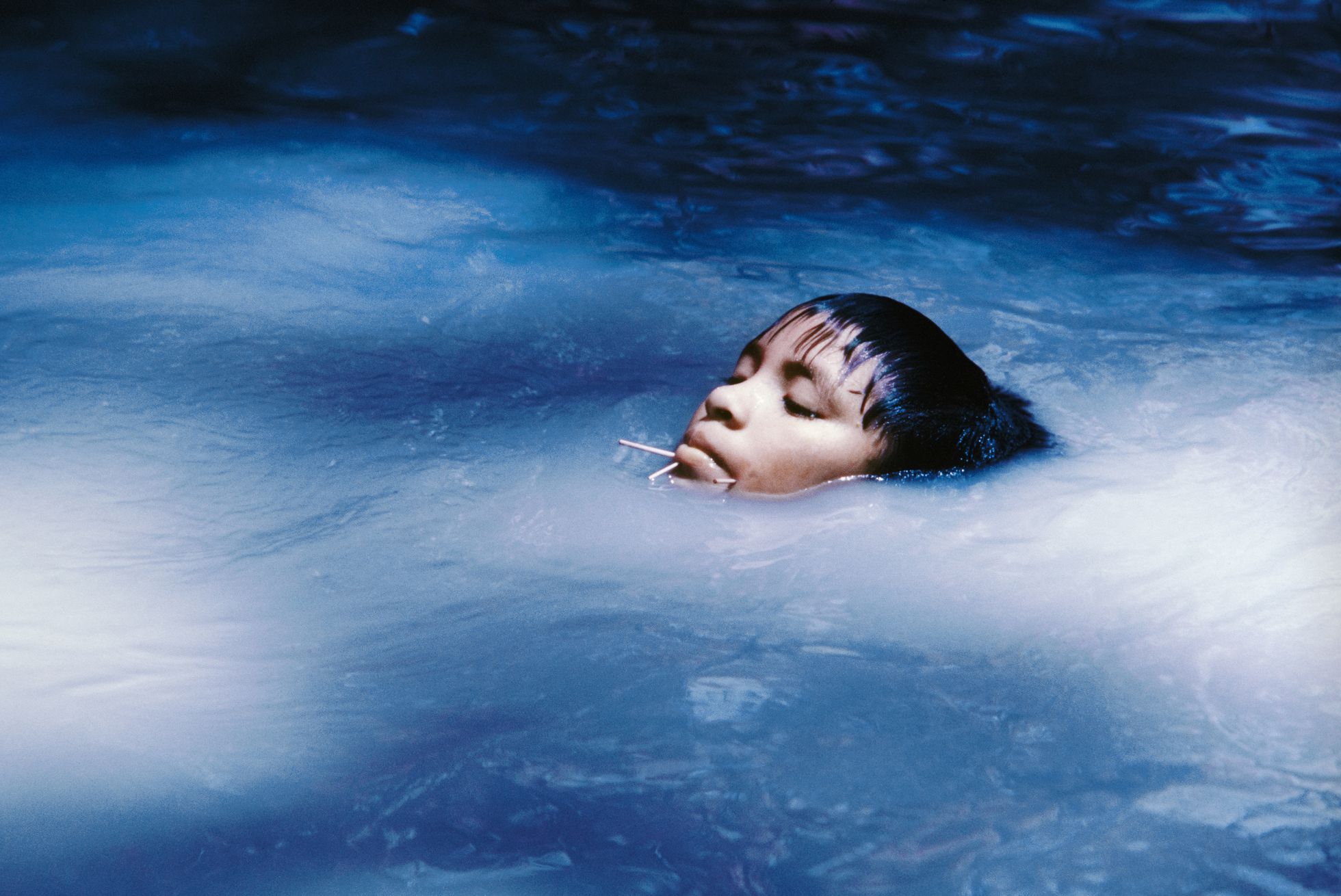
Claudia Andujar, the Yanomami advocate
The renowned Brazilian photographer and activist has dedicated her work to defending the rights of the endangered Amazonian tribe
Exactly one year ago, a complete retrospective of Claudia Andujar, a well-known Brazilian photographer who has dedicated her life to photographing and defending the Yanomami, an endangered Indigenous tribe of the Amazon, was on display at the KBr Center, Barcelona's brand new photography museum located in the Olympic Port.
The exhibition included everything from early black and white portraits of the Yanomami, to the dense landscapes of the Amazon, colored as if they were Pop paintings, and photographs charged with social denunciation — but to have discovered the exciting story of this great woman and Brazilian photographer of European origin.
Claudia Andujar (Claudine Hass) was born in Switzerland in 1931 and grew up in Transylvania, in present-day Romania, until World War II broke out and she emigrated first to New York and then to Brazil. In a documentary shown at the exhibition, Andujar explained that her father was Jewish and deported to a concentration camp and she never saw him again. Her first boyfriend, when she was just 12 or 13 years old, was also deported.
"I was his first kiss, and also his last," Andujar recalled with a trembling voice in front of the journalist's camera from her living room in Sao Paulo. Her account was emotionally charged, and several visitors left the museum with moist eyes.
"What prompted you to approach and defend the Yanomami when you arrived in Brazil?" the Brazilian journalist presenting the documentary asks her. And she, thinking over every word (Portuguese is not her mother tongue) answers what she has already explained dozens of times to the press: that the loss of her father and the rest of her Jewish family in the Nazi concentration camps prompted her to approach them. In them she found a family, after having lost hers.
"I am connected to the Indigenous people, to the land, to an essential struggle. All of that touches me deeply. Everything seems essential. Perhaps I always looked for the reason for life in that essentiality. That's how I came to the Amazon jungle, instinctively, while I was looking for myself," she told the press at the opening of the exhibition, which was in Paris before arriving in Barcelona.
Currently, Andujar's work can be seen in the exhibition titled Forest: Ancestry and Dystopia, a tribute to the Amazon rainforest from the point of view of photography that will be open until July 16 at the Pablo Atchugarry Foundation in Miami.
RELATED CONTENT
Presented by The55Project Art Foundation, the exhibition features the work of 16 Brazilian artists known for capturing the heartbeat of the Amazon, reflecting the essence of its people and sounding the alarm for others to work together to protect it.
"We want to create clarity and awareness around this issue," Flavia Macuco, executive director of The55Project, explained to the Miami New Times. "We want people to know that we have indigenous cultures. We have the rainforest that we have to preserve. We have deforestation, and we also have a mining problem. It's very important that we bring this message to Miami."
The exhibition was curated by Eder Chiodetto, former curator of photography at the Museum of Modern Art in São Paulo, Brazil.
"I sought out artists like Claudia Andujar, who opens the exhibition showing the profound wisdom of the Indigenous Yanomami people," Chiodetto told the Miami New Times.
"It's one of the most moving works I know, because Andujar is an artist who makes a very original use of photography to show the dreamlike universe of a unique and complex culture that is not her own," he continued.
Another artist featured in the show is documentary filmmaker Lalo de Almeida, who poignantly captured images of the arson fires that wiped out 30% of South America's Pantanal wetlands.











LEAVE A COMMENT: